
We act as a first mover in catalytic entrepreneurial ecosystems in LAC, strategically signaling opportunities and mobilizing stakeholders around high-impact agendas that can drive scalable solutions and systemic change.
- Grow ecosystems where they are nascent
- Accelerate and support specialization towards high-impact sectors in mature ecosystems
IDB Lab is the only regional entity fully dedicated to fostering innovation in LAC.
Projects should aim for significant/material change in the ecosystem, not just the success of the immediate local partner. The goal is to achieve a material change that extends beyond local limited impact. Projects will also aim to expand co-financing and capital mobilization to enhance its ecosystem-building efforts by expanding partnerships with third-party organizations that can provide complementary financing.
IDB Lab focuses on taking risks and trying new approaches, complementing other parts of the IDB Group. Clearly define the innovative aspects of the project, as our funding is not intended for ecosystem actors to continue current activities, regardless of their success. The interpretation of novelty may vary across countries, depending on the stage of ecosystem development, but should generally be aligned with IDB Lab areas of new industries for impact (such as silver, govtech, workertech, blockchain, AI, innovative financing...).
Projects must focus on at least one of ten impact challenges where innovation and technology can drive real change while addressing climate change + gender and diversity gaps transversally.
Involving a diverse range of stakeholders, including government, academia, industry, and the community, is crucial for creating a supportive environment or working together to achieve a common goal from different perspectives. Are there investors connected to provide critical funding to the startups/businesses? Is there a public actor that can be critical to promote a change in public policy?
Ecosystems are shaped by interconnected networks of critical institutions that support entrepreneurial activities. IDB Lab projects should include events and connections to enable relationships and knowledge exchange among institutions. The project's role in assisting startups and innovators to access local and global markets through partnerships and trade missions can promote growth and sustainability.
Ecosystem projects should decentralize efforts, extending beyond the capital city to impact vulnerable and disadvantaged populations. They aim to scale deep impact, reaching the hardest to reach the last mile of impact in vulnerable and disadvantaged populations.
Does the program incorporate specific activities for incidence and develop public policy that enables and expands its impact?
Check out our Venture Capital and Investment guidelines!
The solution must have an impact on one or more of the following 26 countries in Latin America and the Caribbean: Argentina, Bahamas, Barbados, Belize, Brazil, Bolivia, Chile, Colombia, Costa Rica, Dominican Republic, Ecuador, El Salvador, Guatemala, Guyana, Haiti, Honduras, Jamaica, Mexico, Nicaragua, Panama, Paraguay, Peru, Uruguay, Suriname, Trinidad and Tobago, and Venezuela
Projects should aim for significant/material change in the ecosystem, not just the success of the immediate local partner. The goal is to achieve a material change that extends beyond local limited impact. Projects will also aim to expand co-financing and capital mobilization to enhance its ecosystem-building efforts by expanding partnerships with third-party organizations that can provide complementary financing.
IDB Lab focuses on taking risks and trying new approaches, complementing other parts of the IDB Group. Clearly define the innovative aspects of the project, as our funding is not intended for ecosystem actors to continue current activities, regardless of their success. The interpretation of novelty may vary across countries, depending on the stage of ecosystem development, but should generally be aligned with IDB Lab areas of new industries for impact (such as silver, govtech, workertech, blockchain, AI, innovative financing...).
Projects must focus on at least one of ten impact challenges where innovation and technology can drive real change while addressing climate change + gender and diversity gaps transversally.
Involving a diverse range of stakeholders, including government, academia, industry, and the community, is crucial for creating a supportive environment or working together to achieve a common goal from different perspectives. Are there investors connected to provide critical funding to the startups/businesses? Is there a public actor that can be critical to promote a change in public policy?
Ecosystems are shaped by interconnected networks of critical institutions that support entrepreneurial activities. IDB Lab projects should include events and connections to enable relationships and knowledge exchange among institutions. The project's role in assisting startups and innovators to access local and global markets through partnerships and trade missions can promote growth and sustainability.
Ecosystem projects should decentralize efforts, extending beyond the capital city to impact vulnerable and disadvantaged populations. They aim to scale deep impact, reaching the hardest to reach the last mile of impact in vulnerable and disadvantaged populations.
Does the program incorporate specific activities for incidence and develop public policy that enables and expands its impact?
Check out our Venture Capital and Investment guidelines!
The solution must have an impact on one or more of the following 26 countries in Latin America and the Caribbean: Argentina, Bahamas, Barbados, Belize, Brazil, Bolivia, Chile, Colombia, Costa Rica, Dominican Republic, Ecuador, El Salvador, Guatemala, Guyana, Haiti, Honduras, Jamaica, Mexico, Nicaragua, Panama, Paraguay, Peru, Uruguay, Suriname, Trinidad and Tobago, and Venezuela
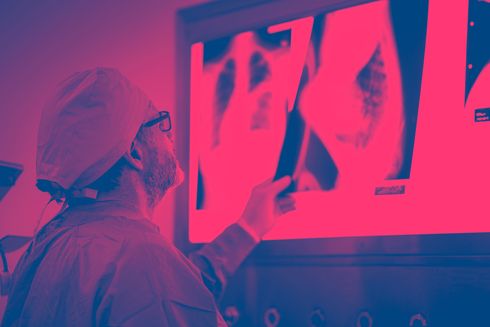
Improve healthcare access and quality for patients with non-communicable diseases (NCDs), especially those facing barriers

Strengthen healthcare by addressing workforce shortages, prioritizing rural areas
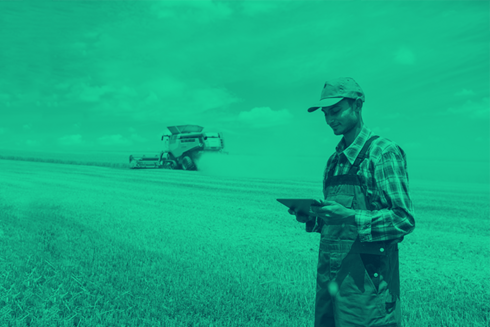
Bridge the skill gap and expand job opportunities for underprivileged and diverse populations
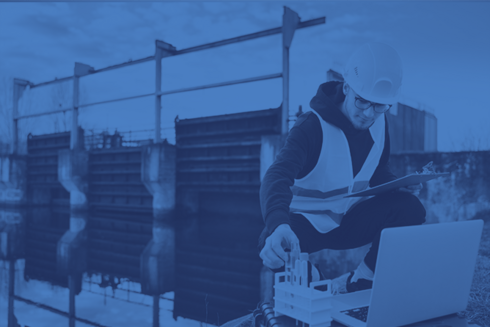
Improve access to affordable, efficient, and high-quality water and sanitation services and clean energy
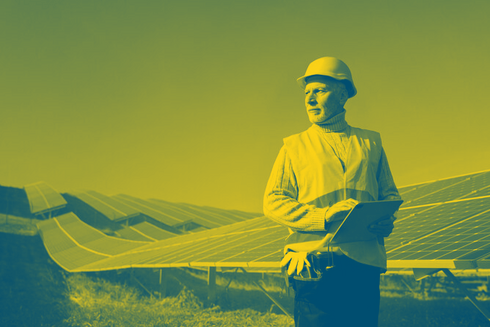
Accelerate the energy transition and the adoption of green transportation solutions in urban areas

Drive the green transition for small agricultural producers and firms
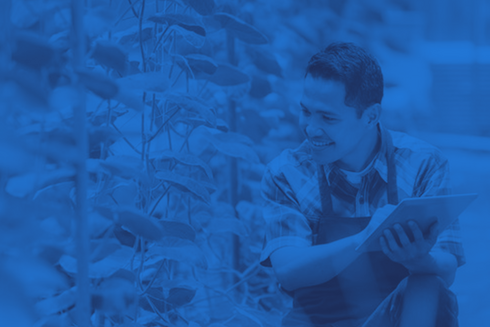
Boost the availability and access to nutritious food for stronger food security

Expand financial access to underserved segments

Bridge the financing gap for small businesses prioritizing IDB Lab's thematic verticals

Unlock the silver economy by empowering older people
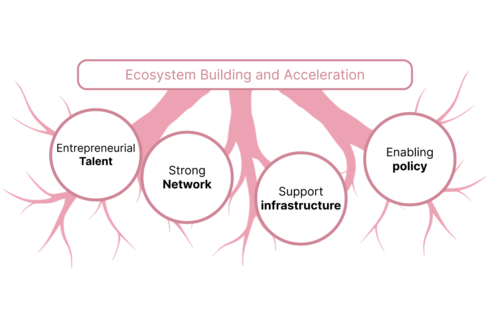
Foster an enabling environment for innovation with:
- Foundations
- Academia
- Incubators
- Public entities for entrepreneurship
- Others
Technical Assistance (Grants) ranges from USD 750K to USD 2M.
